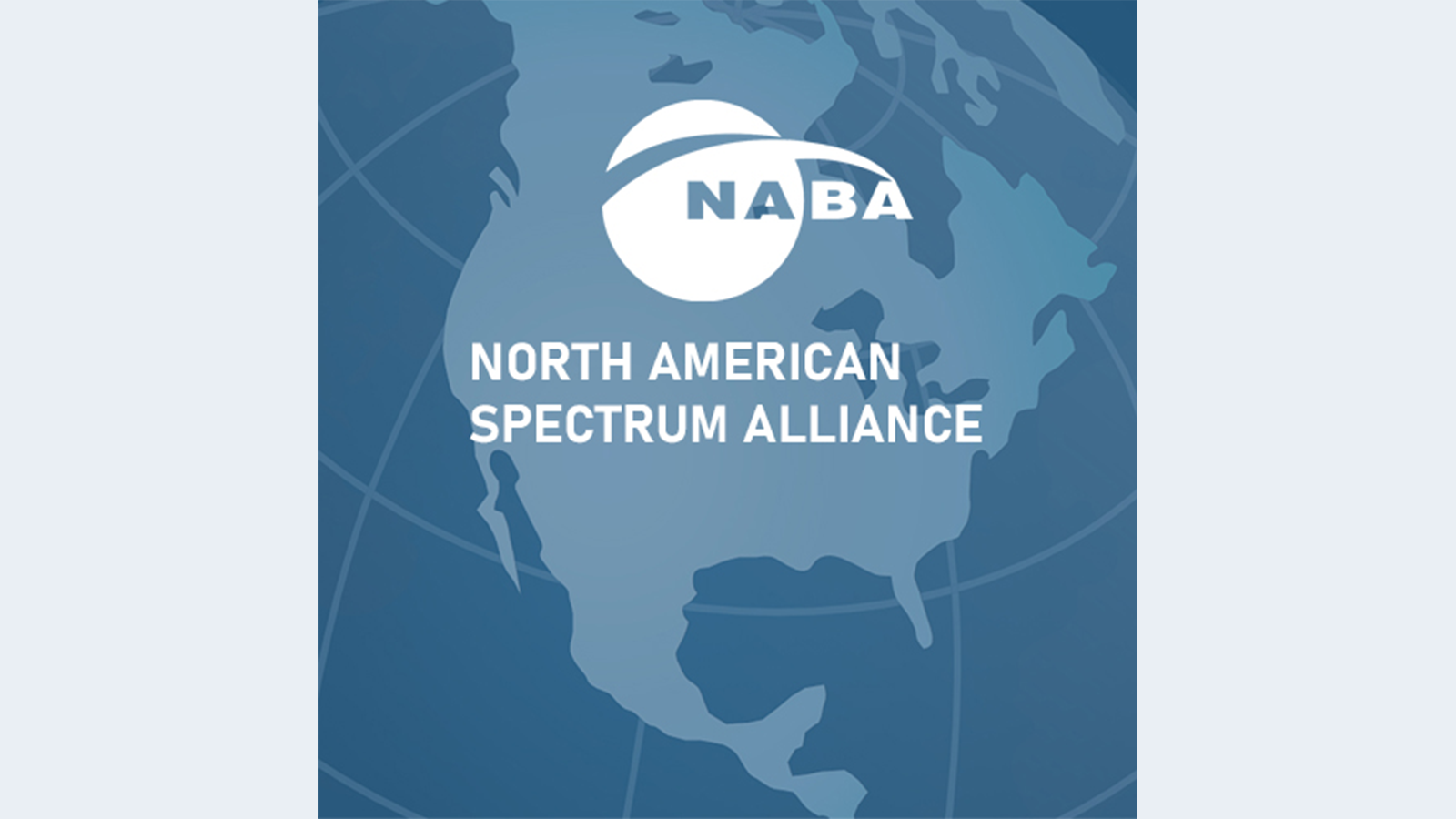Localism Should Be A Picnic
Thereâs a battle going on in the broadcast industry with big broadcasters on one side and the NAB on the other. The battlefield: Ownership caps. The officials: The federal government.
The positions are simple÷big broadcasters want to raise ownership caps because of increased competition from other media outlets, while the NAB wants to maintain the caps to save localism. This is such a heated topic that big broadcasters such as NBC have resigned from the NAB.
The big broadcasters should and will win this battle, but hopefully it will come at a cost in addition to that of buying additional stations.
Station ownership caps and localism have nothing to do with each other. Even if there were no ownership caps, big broadcasters would still need one very important element: a smaller broadcaster willing to sell. And money talks, which is why smaller local owners and groups sell their stations. Itâs called capitalism.
The key to localism is not (and should not) be found in constrained ownership caps. The key is a stricter enforcement of the picnic rules. If a broadcaster were to own multiple stations in the same market (duopolies), or even own a cable system in the same market, localism would be served.
Public Interest 101
Through the FCC the U.S. maintains control of and regulates radio and television transmissions, as the spectrum used is a public resource. Federal regulations are very clear that the FCC must be guided by public interest, convenience, or necessity. Public Interest, Convenience, or Necessity-picnec÷or more commonly, picnic. Through the years, there have been hearings and court cases on the public interest obligations of television broadcasters. Former FCC Chairman William E. Kennard, during an en banc hearing on the public interest obligations of television broadcasters, said, ãWe all agree that broadcasters should serve the public interest, but we all have different opinions of what that means....I believe Îserving the public interestâ should mean something that is clearly articulated and understood by all, especially by the public.ä
So while there is no clear definition, at least we know how one former FCC official thinks the definition should work.
We are all the ãpublic,ä including corporations and lobbying groups, but the question here is localism. NAB president and CEO Eddie Fritts said in a recent interview that consolidation is ãoccurring in every industry, and certainly our industry is not immune. We strongly support retaining the 35 percent television ownership cap, because we think this is a rule that promotes localism and diversity.ä
Service, Not Ownership
The NAB is wrong. Localism and diversity have nothing to do with who owns the station; itâs about how the station serves its market. If a stationâs public (meaning those within its viewing area, not some group located hundreds of miles away) feels that it is not being adequately served by the station, or that the station is acting in its own interest, convenience, or necessity, then that should be a primary factor in license renewal. More so, should the stationâs owners be blatant in their self-interest, then the public should have recourse before license renewal time.
These are not easy issues. There are crackpots in every market who will say to the FCC that a station is not acting in the public interest because:
-ÊIt runs too many commercials.
-ÊIt canceled my favorite show.
-ÊIt raises the volume during commercials.
-ÊIt covered something on the news I didnât like.
-ÊIt didnât cover something on the news that I do like.
And on and on. I mean blatant self-interest: no news, no local programming, no public affairs, etc.
So I say to big broadcasters who want higher ownership caps: Iâm with you as long as you support FCC public interest obligation reform as well. Capitalism is a great thing, but so is being a good citizen...and neighbor.
Get the TV Tech Newsletter
The professional video industry's #1 source for news, trends and product and tech information. Sign up below.
